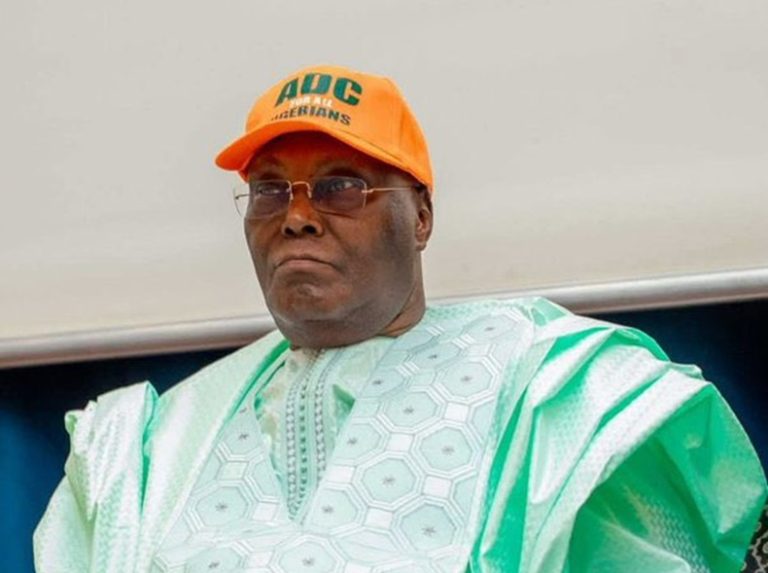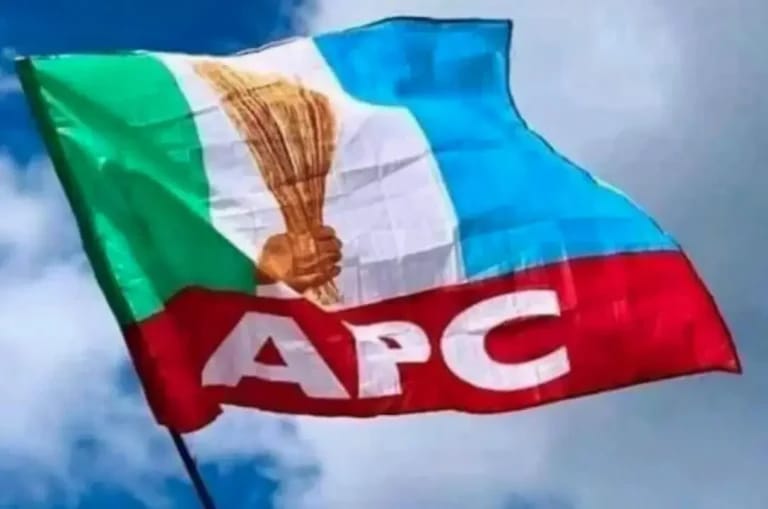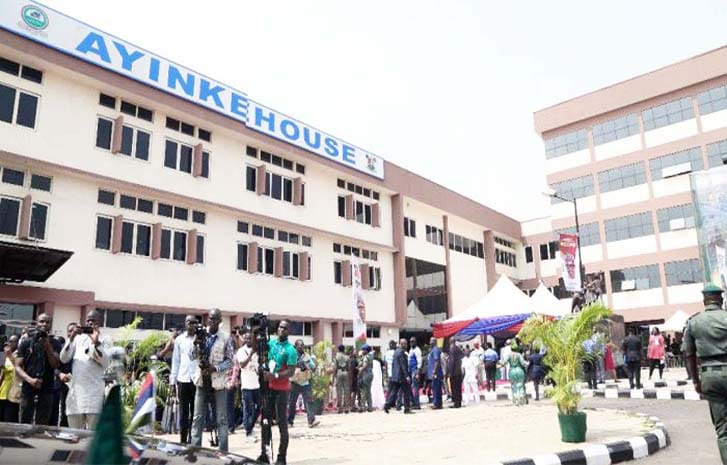Former Vice President Atiku Abubakar has clarified that the newly emerging political coalition led by the African Democratic Congress (ADC) is not centered around the political ambitions of himself or other notable figures such as Peter Obi, Nasir El-Rufai, or Rotimi Amaechi. Rather, he says the coalition is a broad-based effort to defend Nigeria’s democratic foundations from what he described as creeping authoritarianism under the ruling All Progressives Congress (APC).
Speaking through his Media Adviser, Paul Ibe, in an interview published on Sunday in Abuja, Atiku emphasized that the coalition is not a vehicle for personal political gain. According to him, it is designed to protect the country’s democratic process, which he claims is increasingly being undermined by the APC.
“This is not an anti-Tinubu project; it is a pro-Nigerian movement,” Atiku stated. “Nigerians must be the ultimate beneficiaries of this effort.”
The comments were made against the backdrop of growing speculation about a possible contest for the coalition’s 2027 presidential ticket. Prominent political figures, including Atiku, the 2023 Peoples Democratic Party (PDP) presidential candidate, as well as former governors and presidential aspirants like Obi, Amaechi, and El-Rufai, have been linked to the effort. However, Atiku said the coalition’s focus is not on personalities but on national recovery.
He warned that any internal conflict within the coalition would only serve to weaken its cause and strengthen the ruling party’s grip on power. “Any internal divisions would benefit those who intend on clinging to power,” he cautioned. “Those who oppose us seek to exploit any cracks within our ranks, turning them into craters. We cannot afford this. Unity is our strength.”
Atiku further accused the APC of manipulating institutions ahead of the 2027 elections. He pointed specifically to the controversial appointment of a former official of the Independent National Electoral Commission (INEC) to the position of APC national chairman. The official in question previously headed INEC’s Information Technology (IT) department, a strategic role responsible for overseeing election results transmission and database integrity.
“The appointment of a former REC of INEC as the APC national chairman is deeply troubling,” Atiku said. “This isn’t just any ordinary REC; this is someone who held a strategic position, such as heading the Information Technology Department of INEC.”
He alleged that the ruling party’s actions indicate a deliberate effort to undermine free and fair elections. “This move clearly indicates that the ruling party is not interested in winning elections through due process or on the strength of their performance. Instead, they are laying the groundwork to rig the upcoming election,” he claimed.
The former vice president underscored that the mission of the coalition is national in scope and beyond individual aspirations. “This is not about individual leaders like Atiku Abubakar, Nasir El-Rufai, or others within the coalition,” he said. “It is about the well-being and future of Nigeria. Our mission is about enabling Nigerians to recover and rebuild their nation. It’s crucial to avoid counting our chickens before they are hatched.”
Atiku’s statements appear aimed at easing tensions among opposition supporters concerned that the coalition might be hijacked by personal ambitions. He reiterated that the coalition’s credibility would rely on its ability to offer a united and people-focused alternative to the APC.
His remarks also come at a time of rising political activity and alignment among opposition figures, who are beginning to position themselves ahead of the 2027 general elections. The ADC’s role in leading the coalition has sparked interest, given its smaller national footprint compared to the PDP or Labour Party, but its involvement suggests an effort to create a broad-based front that includes both major and minor political entities.
While the coalition has yet to finalize its structure, membership, or candidate selection process, Atiku’s emphasis on national interest over individual ambition may help temper growing speculation and infighting. However, observers note that the real test will come when the time arrives to decide on a flagbearer and harmonize competing interests.
The ruling APC has not officially responded to Atiku’s latest comments, but party supporters have previously defended the choice of the new national chairman, calling it legal and within party rights. Still, the appointment has stirred controversy among electoral reform advocates and civil society groups.
Atiku’s latest intervention reinforces his continued presence in the political landscape and his positioning as a leading voice in the opposition’s efforts to challenge the APC in the next electoral cycle. Whether the coalition can maintain unity and gain broad national appeal remains to be seen.





